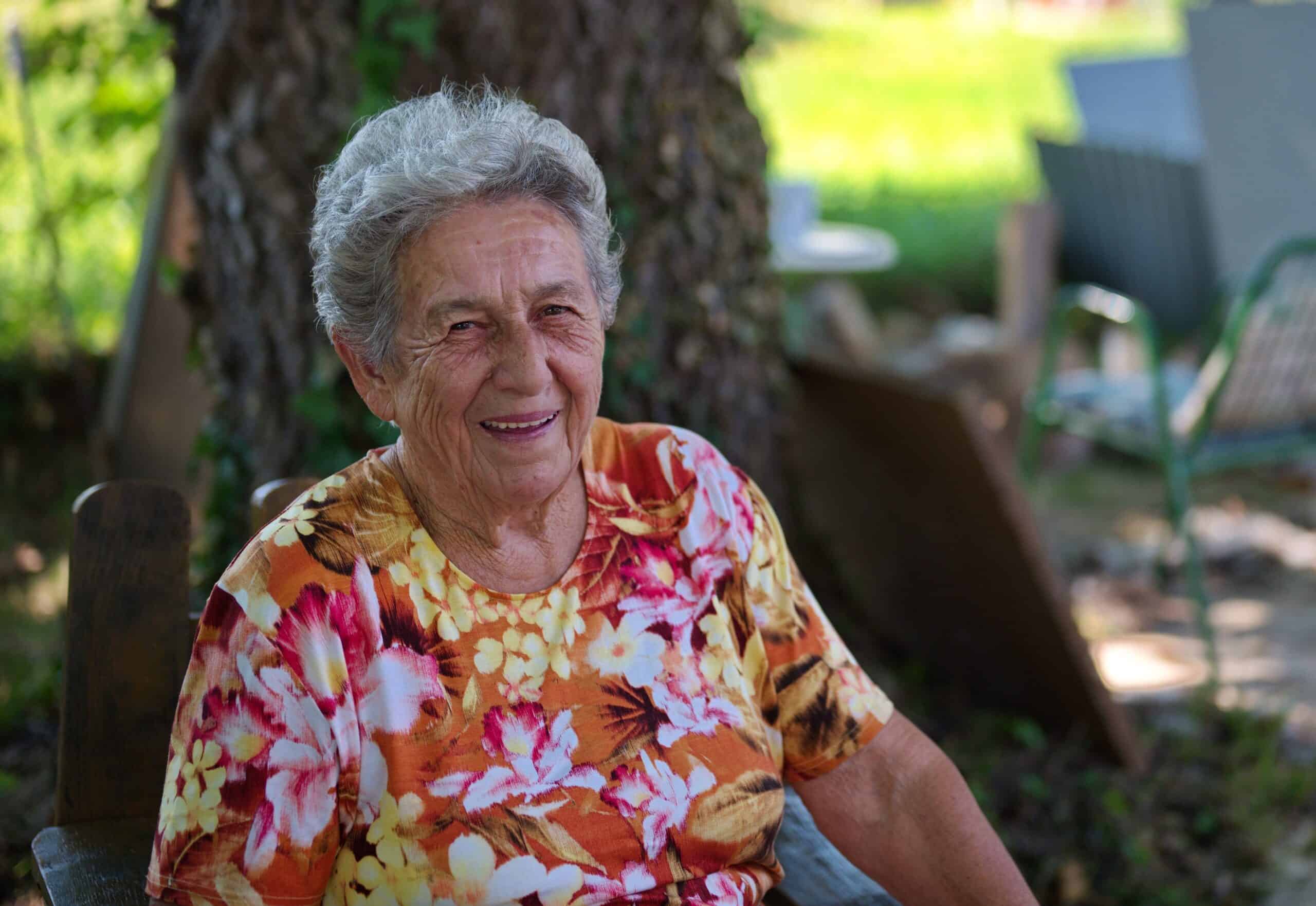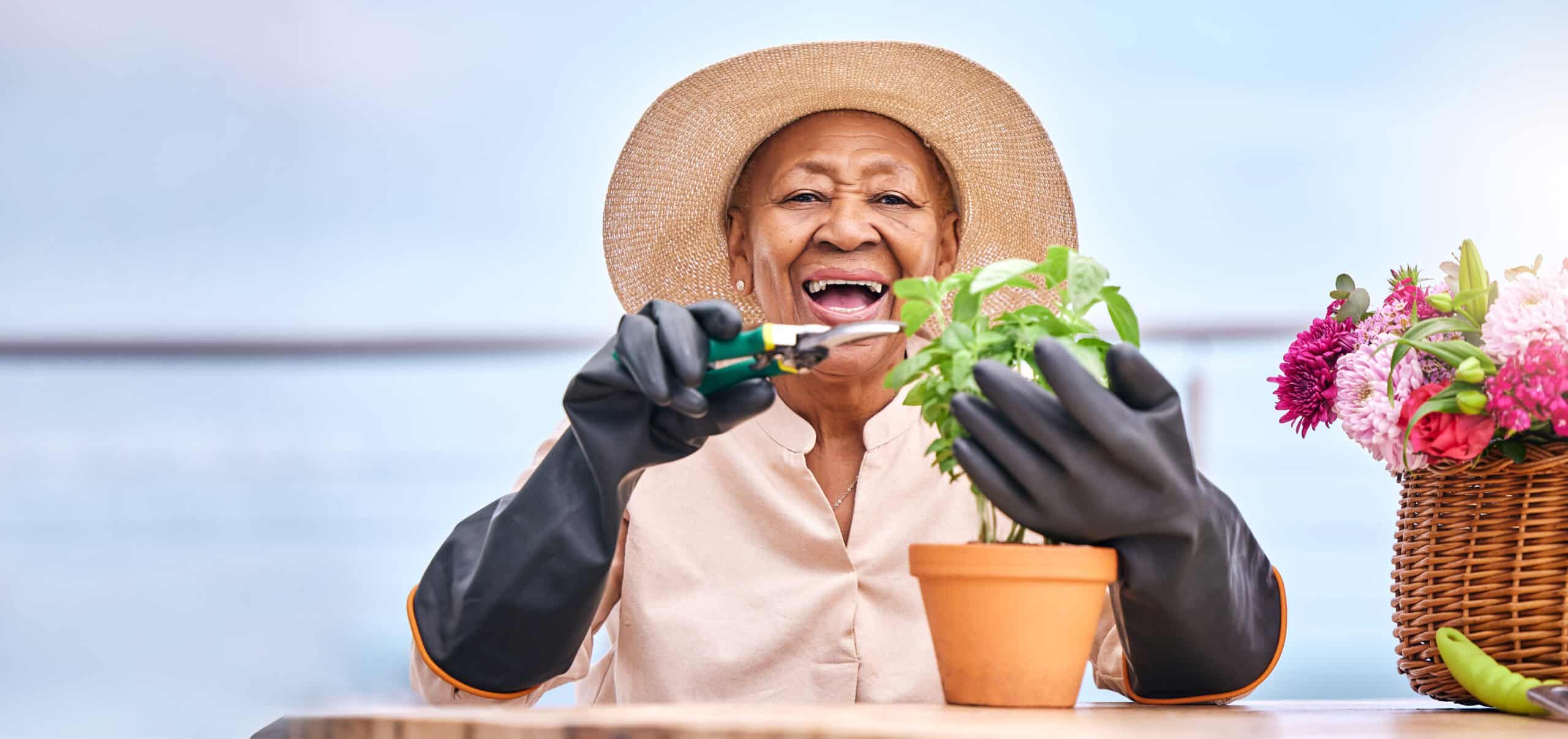True Love
True Love: What Love Is and What It Is Not
The topic of true love has been debated for centuries. Cynics often swear it doesn’t exist, while hopeless romantics think everyone should set out to find their soulmates. With science now showing that true love is not only possible, but can actually last a lifetime, we’ve decided to look at the psychological elements that allow love to bloom or fade.
Let’s start by defining what true love really is:
What is True Love?
Dr. Lisa Firestone, co-author of Sex and Love in Intimate Relationships, often says that the best way to think of love is as a verb. Love is dynamic and requires action to thrive. As Dr. Firestone wrote, “Often, we spend our time worrying about what our partner feels toward us or how the relationship looks from the outside. Even though it feels good to be loved by someone else, each one of us can only really feel our loving feelings for another person and not that person’s feelings for us. In order to connect with and sustain those loving feelings within us, we have to take actions that are loving. Otherwise, we may be living in fantasy.”
At times it may feel frustrating, but it’s actually pretty empowering to accept the fact that the only person we have any true control over in a relationship is ourselves. We are in charge of our half of the dynamic. Therefore, we can choose whether to engage in behaviors that are destructive to intimacy or whether to take actions that express feelings of love, compassion, affection, respect, and kindness. In order to consciously and consistently choose the latter, it’s valuable to look at the characteristics that in more than 30 years of studying couples, Dr. Robert and Lisa Firestone found to be vital to maintaining truly loving.
The father and daughter research team created what they call the “Couples Interactions Chart,” which compares the characteristics of an ideal relationship to those of what Dr. Robert Firestone termed a “fantasy bond.” The fantasy bond is an “illusion of connection and closeness [that allows couples] to maintain an imagination of love and loving while preserving emotional distance.” A fantasy bond forms when couples substitute real love and closeness for the form of being in a relationship. This bond diminishes the feelings of liveliness and attraction between individuals.
Characteristics of True Love vs. a Fantasy Bond
1. Non-defensiveness and openness vs. angry reactions to feedback
To maintain closeness, couples should be open with each other, which means being willing to hear feedback from each other without being defensive or discouraging. Dr. Lisa Firestone advises couples to look for the kernel of truth in what they’re partner is saying. That truth can offer an important clue into ways we may be pushing our partner away without realizing it. Even if we don’t agree with everything, listening to our partner naturally makes them feel seen, heard, and cared about. On the other hand, punishing our partner for being honest and direct with us shuts down communication.
2. Open to trying something new vs. closed to new experiences
A relationship thrives when both people are in touch with a lively, open, and vulnerable side to themselves that welcomes new experiences. We don’t have to love and participate in everything our partner enjoys, but sharing new activities, visiting new places, and breaking routines often breathes new life into a relationship that feels invigorating to both people.
3. Honesty and integrity vs. deception and duplicity
To tell the truth is one of the first lessons most of us are taught as kids. Yet, as adults, there can be a lot of deception in our closest relationships. When we are dishonest with our partner, we do them, the relationship, and ourselves a great disservice. In order to feel vulnerable with our partner, we must trust them, and this can only be achieved through honesty.
4. Respect for the other’s boundaries, priorities and goals vs. overstepping boundaries
To avoid a fantasy bond, we have to see the other person as separate from us. That means respecting them as a unique, autonomous individual. Often, couples tend to take on roles or play into power dynamics. We may tell each other what to do or how to act. Or we may speak for and about each other in ways that are limiting or defining. Essentially, we treat them as extensions of ourselves rather than separate human beings. As a result, we actually limit our own attraction to them. As Dr. Lisa Firestone says, “We treat the other person like our right arm. Then we are no more attracted to them than we are to our right arm.”
5. Physical affection and personal sexuality vs. lack of affection and inadequate, impersonal, or routine sexuality
Affection is a huge part of how we express love. When we cut ourselves off to our feelings of affection, we tend to deaden the relationship. This weakens the spark between ourselves and our partner. Sexuality can become routine or impersonal, and as a result, both partners feel more distant and less satisfied. Keeping love alive means staying in touch with a part of ourselves that wants physical contact and is willing to give and receive affection.
6. Understanding vs. misunderstanding
It’s easy to project onto our partner or to misunderstand things they’re saying, either using them to feel hurt or attacked in old, familiar ways that resonate with us. It’s also easy to get stuck in our own point of view without seeing things from the other person’s perspective. We are always going to be two different people with two sovereign minds, so we won’t always see eye to eye. However, it’s important to really try to understand our partner from a clear point of view. When our partner feels seen and understood, they are much more likely to soften and see our perspective as well.
7. Noncontrolling, nonmanipulative and nonthreatening behaviors vs. manipulations of dominance and submission
Many couples find themselves wrapped up in dynamics where one acts like a parent and the other like a child. One looks to the other for guidance then resents that person for telling them what to do. Or one person tries to control the situation, then complains that the other person is irresponsible, immature, or passive. In order for a relationship to be truly loving, it must be equal. When one person tries to control or manipulate the other, be it by yelling and screaming or stonewalling and playing the victim, neither person is experiencing an adult, equal, and loving relationship.
Learn more about the Fantasy Bond in PsychAlive’s eCourse, The Fantasy Bond: The Key to Understanding Ourselves and Our Relationships
How to Create a Truly Loving Relationship
Now that we know the characteristics of real love, how can we take steps in ourselves to create a more loving relationship? First off, it’s important to acknowledge that despite these clear-sounding discrepancies between real love and fantasy, many people mistake one for the other. They may even prefer fantasy to reality, because it’s less painful to appear connected to someone than to actually feel connected to them.
Many of us become caught up in the fairy tale, the superficial elements, or the form of the relationship (i.e. how it looks as opposed to how it feels). We may fall in love with the illusion of connection or security of the situation offers, but we don’t let ourselves get too close to the other person. That is because, while most of us think we want love, we often actually take actions to push it away. That is why the first step to being more loving is to get to know and challenge our own defenses.
1. Challenging the defenses that limit true love
Many people have fears of intimacy of which they aren’t even aware. We may be tolerant of realizing our dreams of falling in love in fantasy, but very often we are intolerant of having that dream fulfilled in reality. Dr. Robert Firestone describes how being loved by someone threatens our defenses and reawakens emotional pain and anxiety from childhood. He’s posited that both giving and receiving love tend to disrupt the negative, yet familiar, ways we think about ourselves. “On an unconscious level, we may sense that if we did not push love away, the whole world as we have experienced it would be shattered and we would not know who we are.”
For these reasons, the biggest obstacle to finding and maintaining a loving relationship is often us. We have to get to know what defenses we bring to the table that ward off love. For example, if we grew up feeling rejected, we may feel anxious about getting too close to another person. We may not feel we can really trust or rely on a partner, so we either cling to that person or ward him or her off, both which lead to the same result of creating distance.
If we felt criticized or resented in our childhood, we may have trouble feeling confident or worthwhile in our relationships. We may seek out partners who put us down in ways that feel familiar, or we may never fully accept our partners loving feelings for us, because they threaten this early self-perception.
If we felt intruded on in our early lives or if we had an “emotionally hungry” parent, we may avoid intimacy altogether and feel pseudoindependent, or we may subconsciously seek out people who depend on us to meet all their needs and more. Again, both of these extremes can lead to relationships that lack real closeness and intimacy.
The good news is we can start to break these destructive relationship patterns by better knowing ourselves and our defenses. Why do we choose the partners we do? What are the qualities we’re drawn to – good and bad? Are there ways we distort or provoke our partner to act in ways that fit with our defenses? How do we create distance? What behaviors do we engage in that may feel self-protective but actually push love away.
Learn more about the Fear of Intimacy
2. Differentiation from the past influences that no longer serve you in the present
Dr. Robert Firestone has further developed an approach to challenging old, engrained patterns and defenses, a process he refers to as differentiation. This process involves four steps:
Differentiate from critical, punishing, and destructive attitudes that you internalized in your early lives
Differentiate from undesirable traits in your parents that you see in yourself
Challenge the defensive reactions you had (as a child self) that no longer serve you in the present
Formulating and learning to live by your own values – who do you want to be?
Taking these steps of differentiation allows us to live in a less defended state in which we go after what we really want in life.
Learn more about Differentiation
How to Make True Love Last
Many answers to why love fades can be found in understanding how and why we form a fantasy bond. The fantasy bond is the ultimate defense against love. Even after we’ve dropped our guard and allowed ourselves to fall in love, as soon as we get scared, be it of losing our partner or differentiating from our old, familiar identity, we may turn to a fantasy bond to allow us to maintain an illusion that we are not alone, while preserving emotional distance from our partner. To avoid a fantasy bond, we should avoid the characteristics listed above but also take the following actions.
Actions to break a fantasy bond and become more loving:
Be affectionate. Find even the smallest ways to make contact and show affection and attraction.
Slow down and be present. Make time to really talk and listen to your partner.
Make eye contact. It sounds simple, but we often forget to just look at our partner.
Try something old. Make time and don’t stop doing the activities you loved to do together.
Try something new. Don’t just fall into routine. Keep suggesting new activities and be open to ones your partner suggests.
Break routine. If doing the same thing is deadening your excitement, be open to breaking the habit and making space for spontaneity.
Avoid passivity and control. Strive for an equal exchange of ideas. Take responsibility for your own actions and don’t try to control your partner.
Talk as an “I” instead of a “we”. Remember you will always be two separate people and not to overstep boundaries which diminishes attraction.
Be aware of your critical inner voice. We all have an inner enemy that criticizes ourselves and our partner and undermines our closest relationships
Do something independently. Just because you’re a couple doesn’t mean you have to do everything together. Don’t give up friendships and activities you enjoy on your own and don’t aask you partner to either
Communicate what you feel. Don’t expect your partner to read your mind. Saying what you want and feel directly helps you avoid passive-aggressive or nasty ways of relating. It also encourages your partner to do the same.
Avoid the “tit for tat” mentality. Love is an action each of us must choose for ourselves. When we start measuring what we do for each other, we create expectations and breed resentment instead of staying in touch with how good it feels to be loving toward someone else.
Support the things that light your partner up. Never stop supporting and encouraging your partner to be the most alive and to do the things that make your partner feel the most like him/herself… even when those things aren’t what matter most to you.
Take actions your partner would perceive as loving. Make sure the things you do are things that matter specifically to your partner. You may love getting flowers, but is that something that would make your partner feel loved?
Don’t become closed off. It’s much too easy to shut down whenever we feel embarrassed, anxious, disappointed, or triggered by our partner, but we have to fight to not be closed off and push away the love that comes toward us.
The post True Love appeared first on Aging With Grace.






